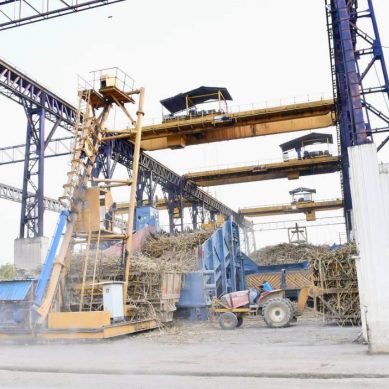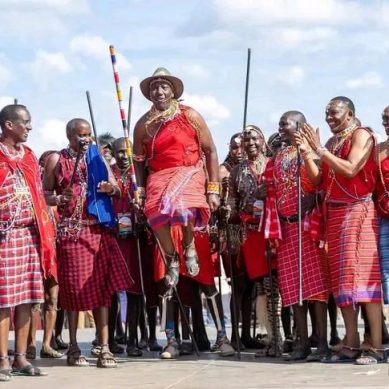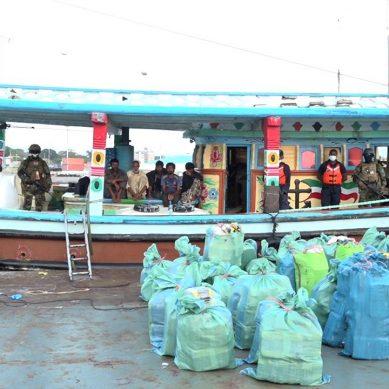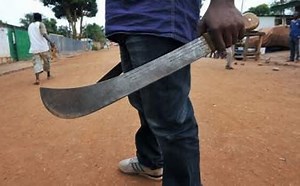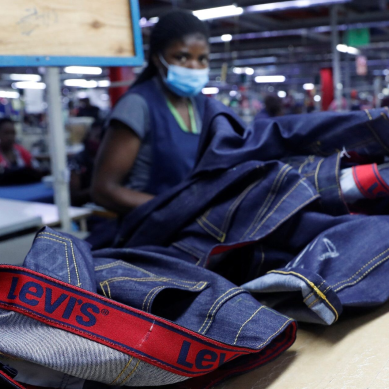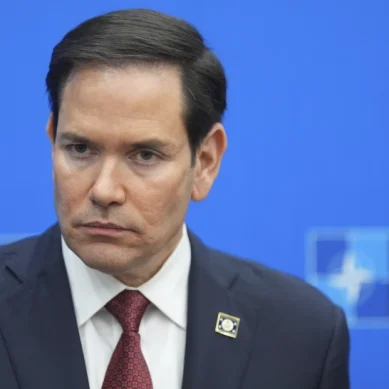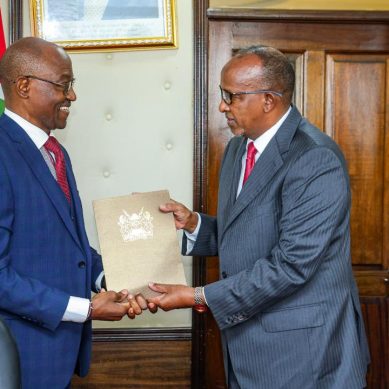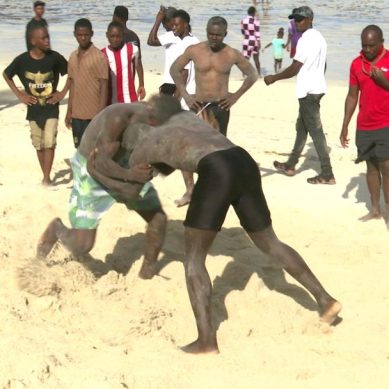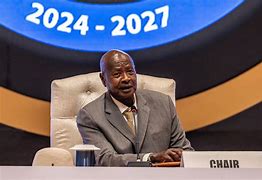State chorus: As Kenya’s interior minister vows to ‘leave no stone unturned’ criminal gangs terrorise nation
The machete-wielding gangs have unleashed terror in the various sub-counties in Kwale, with Msambweni and Matuga being among the most affected. He said already the intensified police operations conducted over several days have led to arrests, the recovery of crude weapons and the neutralization of several notorious criminal elements.
Kenya resumes alcohol levels testing on highways as IRAP reveals the country loses $3.5 billion every year through road carnage
The programme was intended to provide feedback on progress made on the Northern Corridor since the last IRAP survey in 2009 and provide critical and current insight into the safety of all road users, particularly vulnerable pedestrians and motorcyclists. The Safer Road Investment Plans will be developed to prioritise evidence-based safety improvements and inform road authority projects.
Save the Children warns Haiti humanitarian crisis worsening as violence escalates
On Thursday, Fritz Alphonse Jean, the current head of the transition council, announced that the council was teaming up to tackle gangs with members of an armed paramilitary group who once tried to overthrow the government, in a sign of authorities’ increasing desperation to bring violence under control.
Kenya hopes smaller Trump tariff blow vis-à-vis rivals will give it an edge in nascent global trade war
Imports from the East African nation, which sent goods worth $737 million to the United States last year, will be charged the minimum 10 per cent compared with 46 per cent for Vietnam, 44 per cent for Sri Lanka and 37 per cent for Bangladesh.
South Sudan faults revocation of US visas as based on case of mistaken nationality
South Sudan’s Information Minister Michael Makuei Lueth said on Monday that the US was “attempting to find faults with the tense situation” in the country because no sovereign nation would accept foreign deportees.
Kenya’s health minister launches committee to scrutinise, clear pending private hospital bills
Duale said the committee’s mandate is to establish a clear framework to assess the authenticity of each claim, recommend action on fraudulent submissions, and propose reforms to prevent future accumulation of unverified claims.
Kenya’s national wrestling team gears for Africa beach wrestling championship in Morocco
Wrestling coach Oriri also called for increased funding to support the promotion of wrestling in schools, acknowledging that a lack of resources has hindered many talented athletes from competing at international events.
Kidnapped Kenyan officials released as Somali capital comes under heavy shelling by Al Shabaab
Gunmen believed to be from the al Qaeda-linked al Shabaab group abducted the village chiefs, who were government-appointed local officials, in Mandera County in February near the border of Somalia, where the insurgents are based.
Why Museveni defies Uganda’s constitution: ‘A mere piece of paper cannot remove me from power’
The phrase ‘tortuous peace and security’ suggests a complex and difficult path towards achieving stability and safety, often involving challenges, setbacks and a lack of easy solutions. It implies that the journey towards peace and security is not straightforward, but rather fraught with obstacles and requiring sustained effort. Many times, the state itself undermines whatever little peace and security have been built.
While Kakuma Refugee Camp in northwest Kenya is already bigger than many African cities, UN thinking of evolving it into a city
Now the Kenyan government and humanitarian agencies have come up with an ambitious plan for Kakuma to evolve into a city. Although it remains under the United Nations’ management, Kakuma has been re-designated a municipality, one that local government officials later will run.
